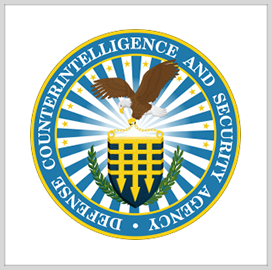The National Science Foundation is soliciting new proposals for the NSF Regional Innovation Engines program, which seeks to fund the establishment innovation ecosystems, dubbed NSF Engines, that would stimulate and sustain economic activity and technological development within the geographic region that the Engine is intended to impact.
Successful proposers would receive up to $160 million in funding over 10 years, the NSF said Tuesday.
Unlike the previous funding round, which has already resulted in the establishment of 10 inaugural NSF Engines, the current round allows tribal nations and state and local government agencies to submit a proposal as the lead organization. The current round will also only accept proposals for full NSF Engines.
Interested parties have until June 18 to submit letters of intent and Aug. 6 to submit a preliminary proposal. Full proposals are due Feb. 11, 2025.
The NSF Engines program was launched in 2022 under the authorization of the CHIPS and Science Act of 2022.











